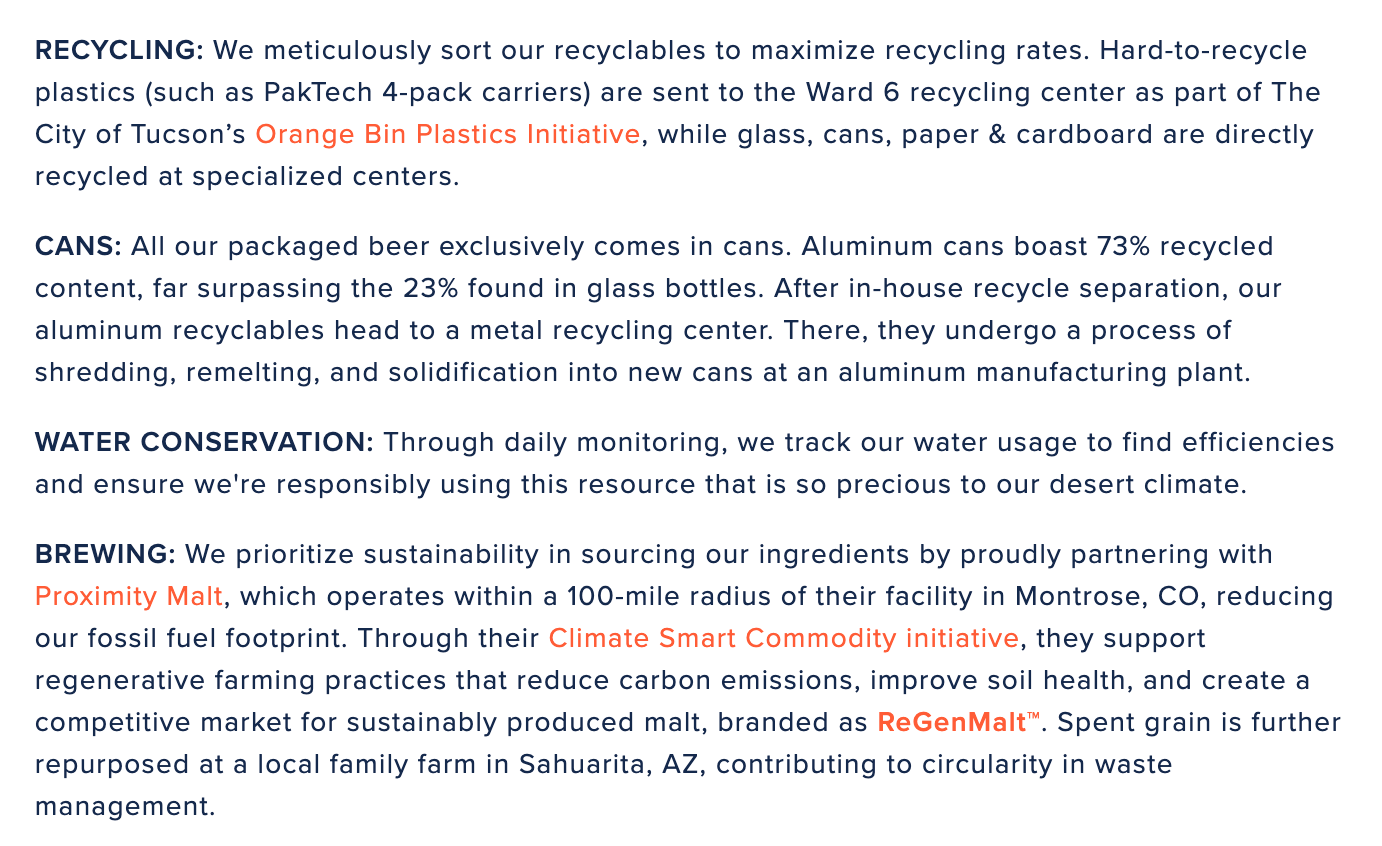Regenerative agriculture paving the way for a sustainable future in craft beer
Regenerative agriculture is transforming the craft beer industry by promoting soil health, sustainability, and collaboration between farmers and brewers.

With issues ranging from tariffs imposed on barley grown in Canada to weather events causing crop shortages, regenerative agriculture is paving its way in the craft beer industry.
“The core of regenerative agriculture is leaving the soil alone,” said Zach Gaines, commercial director for Proximity Malt, a new-generation regional malting facility.
Gaines, along with Pueblo Vida Brewing Company’s Kyle Jefferson, Chris Squires and Landon Swanson, talked about how collaboration between farmers and brewers is helping pave the way for a more sustainable future in brewing during their panel, “From Field to Glass: The Future of Regenerative Agriculture in Craft Beer,” at last week’s TENWEST Fest. TENWEST is a hybrid of a summit and community festival focused on technology, entrepreneurship and creativity.
With regenerative agriculture, farmers prioritize soil health and biodiversity by using cattle and other ecosystem services and avoiding the use of overtilling, synthetic fertilizers and pesticides.
Gaines told attendees how Proximity Malt partners with farms within a 100-mile radius of their facilities in Colorado, Delaware and Wisconsin that are verified in regenerative agriculture.
He said the biggest difference between regenerative and organic farming practices boils down to soil health.
“Organic agriculture is all about what’s being applied on top of the soil, on the plants,” Gaines said. “For regenerative agriculture, you can’t see. It’s happening in the soil underneath where the crops are being grown.”
Unlike organic agriculture, there is not a specific set of rules farmers have to follow in order for the soil to be regenerative, Gaines said, adding that he wishes there was an oversight agency that would visit farms and verify their regenerative practices.
Proximity is working with EC Environmental Group to visit farms and verify that they’re using regenerative agriculture.
“It’s the best we have right now, but I would hope in the future it would be regulated,” Gaines said.
From ReGen malts to oat malts and wheat, Proximity offers a wide range of malts with different flavors. These sustainably-produced malts are used by breweries across the country, including in downtown Tucson.
“It’s important to us,” said Jefferson, co-founder and co-owner of Pueblo Vida Brewing Company and a Proximity Malt customer.
Jefferson came from a family of farmers and said he thinks food security should be top of everyone’s mind.
“I think it’s more important for the life cycle of food, it’s better for the soil and it’s better for the product,” Jefferson said.

Pueblo Vida has been operating since 2014 and switched over to using regenerative verified malt about a year ago.
Swanson, Pueblo Vida’s head brewer, has a background in biology and conservation. He was the one who advocated for the switch to a more sustainable way of brewing beer.
“ReGen agriculture has been a big thing for me for many years,” Swanson said. “It makes our product a little bit different in the market.”
If regenerative agriculture is something that businesses are interested in adapting, they need to get serious about finding ways to cut costs and make the switch, according to Swanson.
“It will pay for itself as time goes on, but part of that is you have to have ownership,” he said.
As one of only a handful of brewers using regenerative agriculture, Pueblo Vida has been able to use the practice as an advantage in the craft beer market.
“If you feel like it's important, then sell that to your consumer and put in a little bit extra time. They're going to buy into it and then they're going to take you to the next person,” Swanson said.
Panelists stressed that consumers will buy a product that the company is proud of and excited about. But the challenge, they said, has been educating consumers about why these types of practices are important.
“One of the hard things is if the consumer doesn’t have a clue of what it is or why it’s important, then it makes it more difficult,” Gaines said.
While there are difficulties in telling the story of regenerative agriculture, Proximity Malt and Pueblo Vida Brewing Company say they’re in it for the long run, prioritizing telling their story in hopes more people will start to care about this sustainability process.
“We’re a community member in this world, in this Earth, just like we are in Tucson,” Jefferson said.
Arilynn Hyatt is a journalism major at the University of Arizona and Tucson Spotlight intern. Contact her at arilynndhyatt@arizona.edu.
Tucson Spotlight is a community-based newsroom that provides paid opportunities for students and rising journalists in Southern Arizona. Please support our work with a paid subscription.




